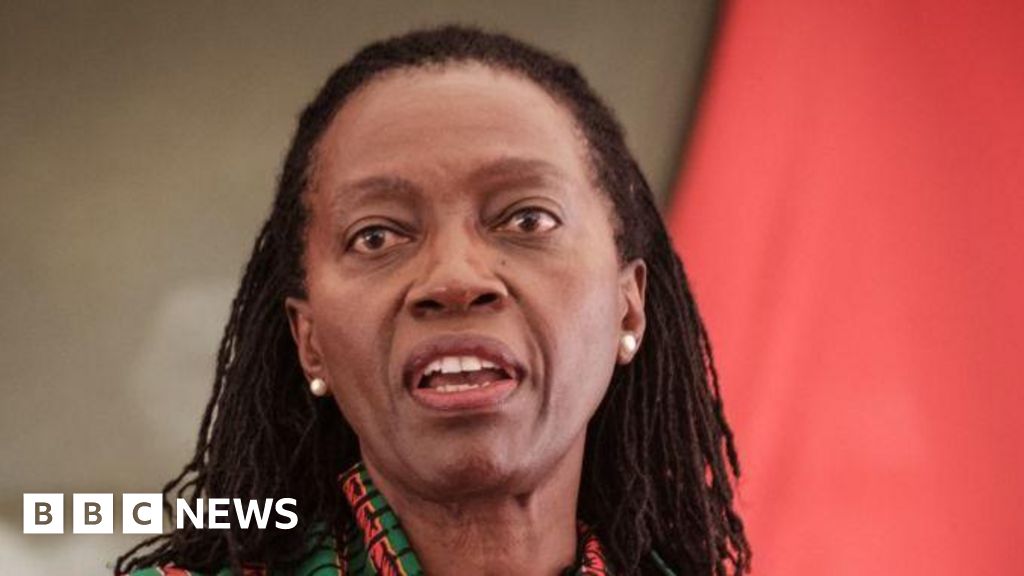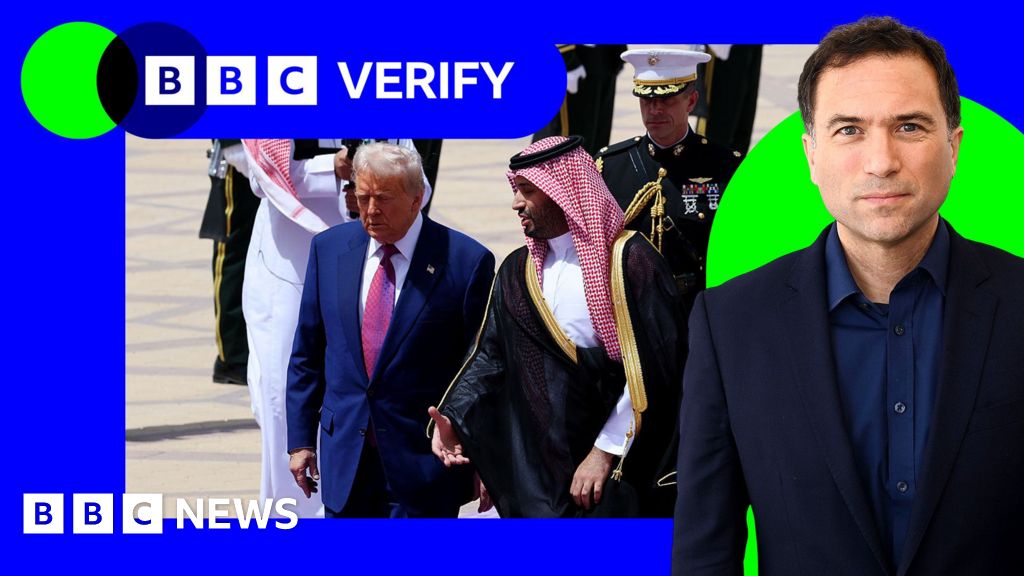Key Takeaways
- Financial giants and governments are accelerating their exposure to Bitcoin.
- Major firms in the UAE, Brazil, and China have announced major BTC purchases or plans.
- Ukraine is exploring a national Bitcoin reserve, following the U.S. model.
After a quiet first quarter, Bitcoin (BTC) accumulation is roaring back, and it’s not just exchange-traded funds (ETFs) or hedge funds leading the charge.
From sovereign wealth funds to e-commerce conglomerates, the latest round of Bitcoin disclosures suggests a growing global pivot toward institutional crypto adoption.
You’ll Want To See This
From São Paulo to Abu Dhabi, Bitcoin Finds a Home
In the last two weeks, a series of Bitcoin-related announcements from companies and government-affiliated entities in Brazil, the UAE, Saudi Arabia and Ukraine have reshaped the narrative.
At a time when Bitcoin was trading above $104,000, interest in BTC as both an investment and a strategic reserve was spreading fast across continents.
In Brazil, fintech company Méliuz became the country’s first publicly traded firm to add Bitcoin to its treasury. The company confirmed a $28.4 million BTC purchase following a successful shareholder vote.
In the Gulf, Abu Dhabi’s Mubadala Investment Company revealed it now holds 8.7 million shares of BlackRock’s spot Bitcoin ETF (IBIT), worth roughly $408.5 million.
Saudi Arabia’s central bank also acquired 25,656 shares in Strategy, the U.S.-based firm known for its aggressive BTC strategy.
Meanwhile, Chinese-American e-commerce group DDC Enterprise Ltd. declared plans to accumulate up to 5,000 BTC over the next three years, starting with a 100 BTC buy.
The firm cited Bitcoin’s utility as a strategic reserve asset, echoing Michael Saylor and Strategy’s language.
Ukraine Eyes BTC Treasury
Ukraine is also eyeing Bitcoin as a sovereign asset. Reports indicate the country is in the final stages of planning a national BTC reserve and may partner with Binance to execute the strategy.
Lawmakers are reportedly finalizing legislation establishing the reserve’s legal framework.
Yaroslav Zhelezniak, First Deputy Chairman of Ukraine’s Committee on Finance, Tax and Customs Policy, confirmed earlier this year that such a proposal was in development.
The move follows the United States’ executive order under the Trump administration to create a Bitcoin strategic reserve using seized crypto from criminal activity.
Ukraine’s plan appears to mirror that approach, with Russia also floating the idea of a crypto reserve based on confiscated assets.
Bitcoin Matures Into a Global Reserve Contender
While speculative interest remains high, Bitcoin’s evolving role on national balance sheets and in corporate treasuries reflects a shift from hype to long-term planning.
As more sovereign funds, central banks, and publicly listed firms disclose BTC exposure, Bitcoin’s reputation as a volatile fringe asset continues to erode.
Whether motivated by inflation fears, geopolitical uncertainty or regulatory clarity, institutional and state-level Bitcoin adoption is entering a new phase that could pave the way for greater global legitimacy and, perhaps, lower volatility ahead.
Was this Article helpful?
















